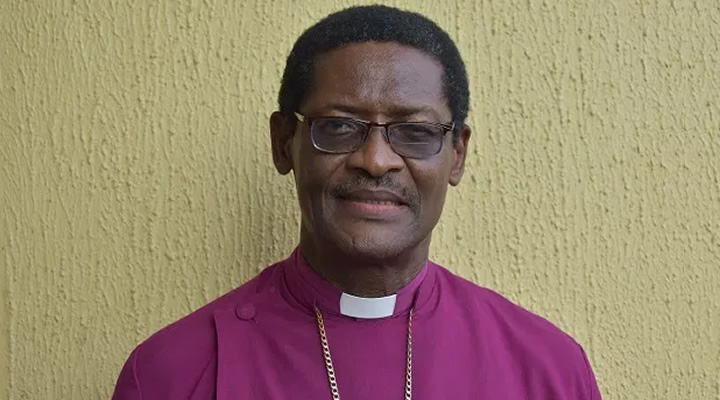The Church of Nigeria (Anglican Communion) has issued comprehensive guidelines concerning the participation of politicians and government officials in church services and events. This directive, disseminated by Primate Henry Ndukuba during an Episcopal Consultation in Enugu, aims to safeguard the sanctity of worship and uphold the Church’s political neutrality. The decision stems from mounting concerns about the increasing tendency to leverage church platforms for political pronouncements, a practice that threatens to compromise the spiritual essence of these gatherings. The Church emphasizes its commitment to remaining a haven for all, including those in political office, while simultaneously resisting manipulation for partisan agendas.
The guidelines stipulate a clear protocol for engagement with political figures attending church events. Crucially, any guest intending to address the congregation must engage in prior consultation with church leadership. This dialogue serves to ensure alignment with the Church’s values and to provide guidance on appropriate conduct. The Church explicitly prohibits the use of its platforms for the dissemination of partisan viewpoints or political campaigns. This measure is intended to preserve the integrity of the church as a space dedicated to spiritual reflection and worship, rather than a political battleground.
Furthermore, the guidelines address the conduct of church leaders and officials. They are expressly instructed to abstain from actions or statements that could be perceived as politically biased or divisive. This directive seeks to maintain the Church’s position as a unifying force in society, transcending political affiliations and promoting inclusivity. The prohibition against excessive praise or exaltation of political guests reflects the Church’s commitment to humility and its resistance to being perceived as endorsing specific political figures or parties. This approach ensures that the focus remains on spiritual matters rather than worldly accolades.
The guidelines extend to the practical aspects of political figures’ presence within the church. Specifically, guests are discouraged from using the church lectern, a sacred space traditionally reserved for the reading of scripture. This measure underscores the Church’s reverence for the word of God and its desire to maintain the sanctity of this particular element of the church’s physical space. While acknowledging the importance of civic engagement, the Church prioritizes the preservation of its spiritual character and its role as a sanctuary for worship.
The Church of Nigeria reaffirms its commitment to its social responsibilities while safeguarding its spiritual integrity. The Church acknowledges its role in interacting with government authorities on matters of public concern, offering guidance and contributing to national discourse. However, it underscores the importance of maintaining a clear separation between its spiritual mission and political activities. This balance ensures that the Church can contribute to society’s betterment without compromising its core values of neutrality and spiritual devotion.
In essence, the guidelines are a proactive measure to navigate the complex relationship between faith and politics. The Church of Nigeria seeks to remain a welcoming space for all while actively protecting the sanctity of worship and its non-partisan stance. By implementing these guidelines, the Church aims to maintain its role as a beacon of spiritual guidance and a moral compass for the nation, offering prayers and counsel to those in authority while resisting being used as a tool for political advancement. The Church’s leadership is determined to preserve the integrity of their sacred spaces and ensure that the focus remains firmly on spiritual growth and the teachings of Christ, rather than the fleeting agendas of political discourse.


